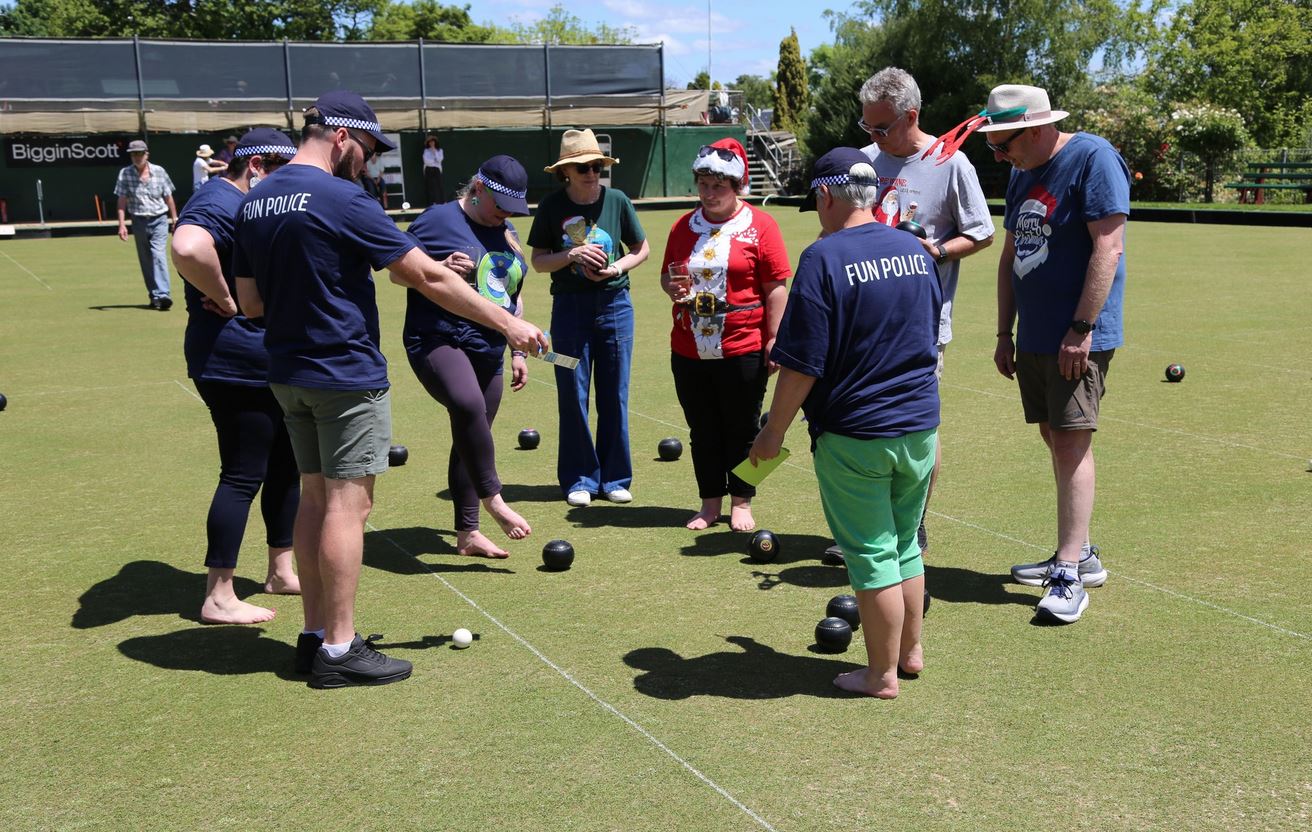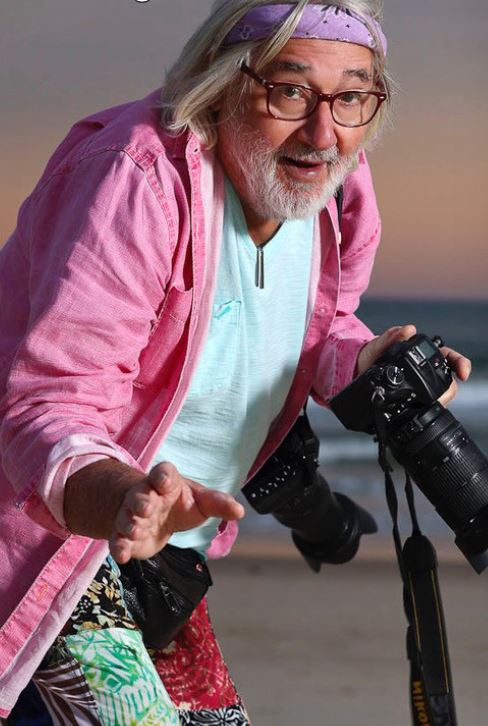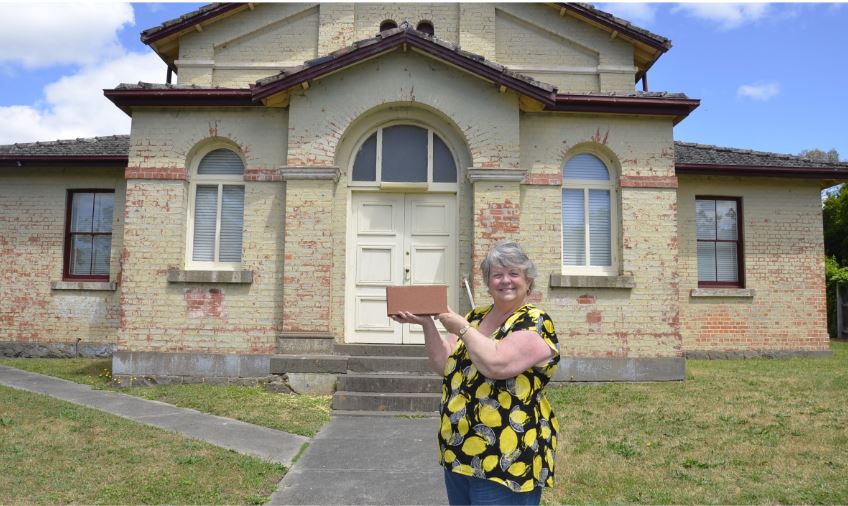July 9th, 2024Wine notes with Clive Hartley

Italian feast – a wealth of opportunities to taste some wonderfully different wines. That is the joy of choosing Italian grape varieties and I’ve recently been able to see a good cross section of wines made in Australia.
It might be too chilly at the moment, but you could try some Australian prosecco.
My recommendation is Freeman Prosecco 2023 which has some touches of barrel-fermented fruit to give the wine extra texture and creaminess.
Vigneron Brian Freeman owns 200ha of vines in the Hilltops region of NSW and produces some excellent Italian-inspired wines.
Also check out Heathcote’s Vinea Marson and Mount Towrong Vivace N.V. that uses nebbiolo instead of pinot noir in their more traditional sparkling wine blend.
Pinot grigio and fiano are two leading Italian white grape varieties. Freeman produces both and they have a savoury texture and long palate length that is typical of his wines.
When it comes to textural white wines the Vinea Marson Grazia 2019 fits the bill. A blend of pinot bianco, friulano, malvasia d’Istria and picolit grapes this wine is a different proposition, displaying nuts and a hint of reductive struck match on the nose.
It has saline, nutty, herbal flavour with a hint of orange peel. A complex palate with a creamy, long, elegant finish. Already with some bottle age they are also selling a 2013 back vintage to show how age worthy this blend is.

What captivates me most is Italian red/black grape varieties. I’ve recently had some excellent barbera, sangiovese, nebbiolo and corvina/rondinella.
Barbera wines are usually earthy, meaty, cedar oak driven with black cherry fruit and usually medium to full bodied.
If you get the chance try Skimstone or First Ridge, both from Mudgee. One of Australia’s best nebbiolos comes from Freeman Vineyards and their 2022 is outstanding.
Finally, a unique wine for Australia but takes its inspiration from the wines of the Veneto region. Freeman Vineyard Secco Rondinella Corvina 2017 has a deeply complex nose with dried herbs and fruits, medicinal and blackberry notes.
It’s a rich, silky, full bodied, tannin-driven wine coming from the winemaking process which involves drying a proportion of grapes in a prune dehydrator for 7-10 days then placing them at the bottom of the fermenter before filling it with fresh grapes.
The resulting wine is aged for up to four years in old barrels. There is a special release wine called Robusta (2015). It has a rich, raisin, sultana sweet nose.
Powerful complex palate with a super long, slightly warm finish. You hardly notice the 17% alcohol. Wonderfully different.
Clive Hartley is an award-winning wine writer, educator and consultant. Read more at
www.australianwineguide.com.au










